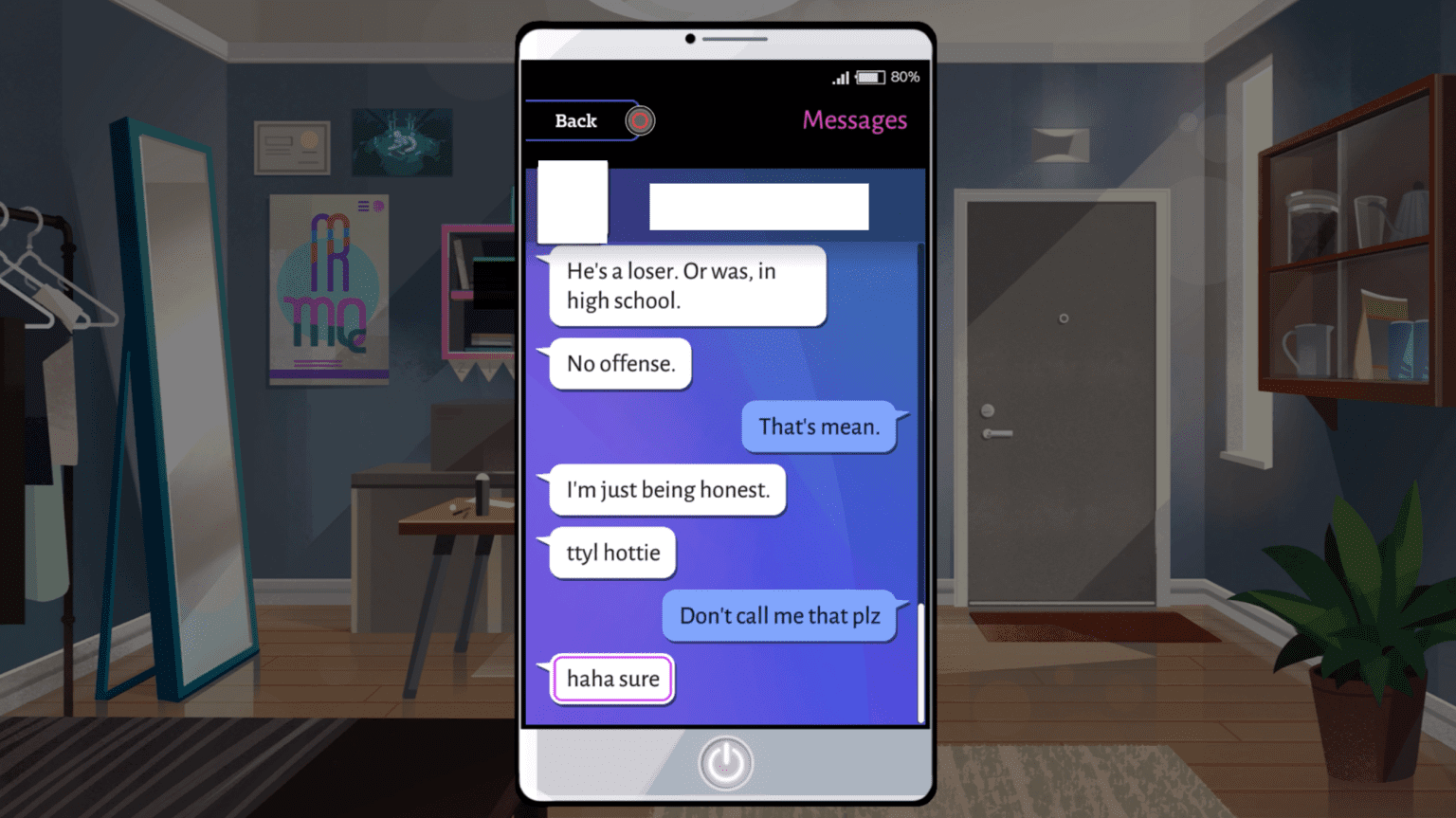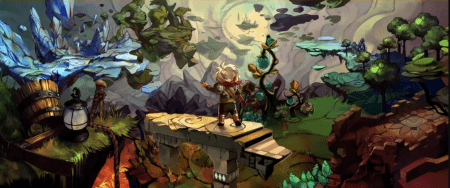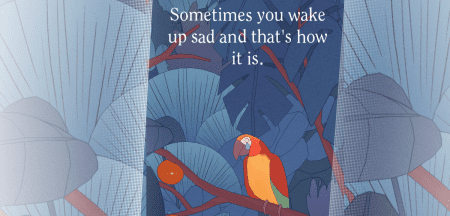Without too many spoilers, I want to talk about some of the current discourse around Boyfriend Dungeon, a brand new release from Kitfox Games. In case you’ve missed it: Many players are upset by the game’s main antagonist, a young man who shows too much interest, even when politely turned away, and eventually just converts to being a straight up stalker.
To be fair, it’s disturbing content. It’s OK to be upset and to want a stronger content warning. But the conversation around Boyfriend Dungeon, which is a good game and deserving of commentary on how fun it is, has become dominated by a vocal group who say the stalker character should have an optional “on/off” toggle or even be cut from the game. Some have gone as far as saying the content should never have been considered at all (to the point of harassing the character’s voice actor) and that the developers (an indie studio that includes marginalized people, such as queer folx, women, and POCs, in an industry filled with harassment and oppression) are in the wrong for ever having told this story.
I don’t think it’s fair or right to have this condemnation; in my opinion, that take is bordering on censorship, and it certainly has roots in entitlement. Developers are allowed to make what games they want, and players are allowed to buy or play the games they want. This is one of the most generous and inclusive games I’ve ever played, demonstrated first and foremost by the content warning (even the original “unedited” version), before you even get past the main menu, that plainly describes emotional manipulation and stalking. The game’s description on virtual stores talks about dark themes. If you don’t want it, don’t play it.
What’s more, in an unpopular claim at this moment, I just don’t agree with the actual content of the commentary. (I’m not the only one.) Here’s why…
Why Boyfriend Dungeon’s Antagonist Is a Central Part of the Game
Boyfriend Dungeon is a game about love, patience, understanding, flexibility, and openness. It is about getting out of your comfort zone in physical, emotional, and interpersonal realms. It is about never having dated before and letting yourself be vulnerable to connection, both romantic and platonic. It is about finding what you really care about and being unafraid to go after it. It is about standing up for what you believe in and for the people you care about.
And it’s also about what happens on the flip side of that coin: greed, expectation, entitlement, assumption, control, disrespect, and a lack of privacy.
The antagonist of Boyfriend Dungeon doesn’t start off evil. He may come off a little full of himself, a little presumptuous, but he doesn’t seem like the worst person you’ve ever met. Then he starts to say some problematic stuff. Then he crosses a line. And another. Like real people.
The antagonist and storyline (fantastical elements aside) of Boyfriend Dungeon are almost verbatim to a real-life experience I have had with a man.

This man was someone who I had a perfectly nice cup of coffee with to discuss a collaborative project (i.e., not even a date), but who afterwards wouldn’t leave me alone. Someone who kept texting, even when I asked him to stop, even when I told him I was cancelling the project (which I did in no small part because his unwavering focus had upset me so much). Someone whose emotional manipulation made me doubt myself, made me wonder if I was the jerk just for saying, “No, thank you.” Someone who knew where I lived and made me feel unsafe about going home at night. Someone who I was afraid that, if I got harsher or mean to a point in contrast with my own interpersonal code of ethics, would come after me in an unabashedly violent way. It was not until I told him I planned to file a restraining order that he finally stopped.
This was not the worst experience/harassment I have ever experienced with a man, but it was one of the most unsettling. It was draining. To this day, whenever it crosses my mind, it still bothers me. It affected the way I build new relationships; I’m always wary and hyper protective of my personal boundaries. And perhaps the craziest thing to me is and was that, at no point in that arc, did he seem to understand that he had crossed the line and then some.
Based on the game’s content, I am sure some of the writers and developers of Boyfriend Dungeon have known someone like that. It might not have been in a hetero situation; it might not have been a cup of coffee; it might not have even been a cis-gendered man… But there are, unfortunately, countless stories of people crossing boundaries and not apologizing for it. (One need only look at the Google News results for “Activision” for two seconds, much less all of human history.) Some people are hurt, and hurt people hurt people.

I saw that content warning for stalking on the first menu, and my heart skipped a beat. I had gotten this game as a review code from the developer; I knew I could stop right there and give it to someone else on the Punished Backlog team. Maybe I just wouldn’t play it, after all. But I wanted to. And what’s more, I wanted to be strong enough to be fine playing through it. So I played it, and I was.
Some people may not make it all the way through the game. When I started to recognize the signs of a toxic relationship, I stopped engaging with the antagonist character. Just like in real life, I avoided the places I knew he would be; I told him to stop texting me and, when he wouldn’t, I stopped responding; I didn’t take the bait when he sent me gifts I didn’t ask for. Before I confronted the antagonist, I levelled up my relationship strength with all of the “boyfriends” so that, by the climactic chapter, I felt like I had a whole crew to back me up. His creepiness was strong, but I was stronger.
The game makes it clear that the antagonist of Boyfriend Dungeon is Not Being Cool. Characters react to his increasingly upsetting behavior with disgust, concern (both for you as the player, and for him), and anger. They are protective of you. They offer to sleep on your couch if you’re afraid to be alone at night. They respect how you want to handle things. The developers at Kitfox Games make their perspective on the situation known through the reactions of the community you love and trust. Boyfriend Dungeon gave me the kind of justice I never got against my stalker or any other man who has messed with me. I won.
Toward the end, another character tells the antagonist, “Hey man, you need therapy.”
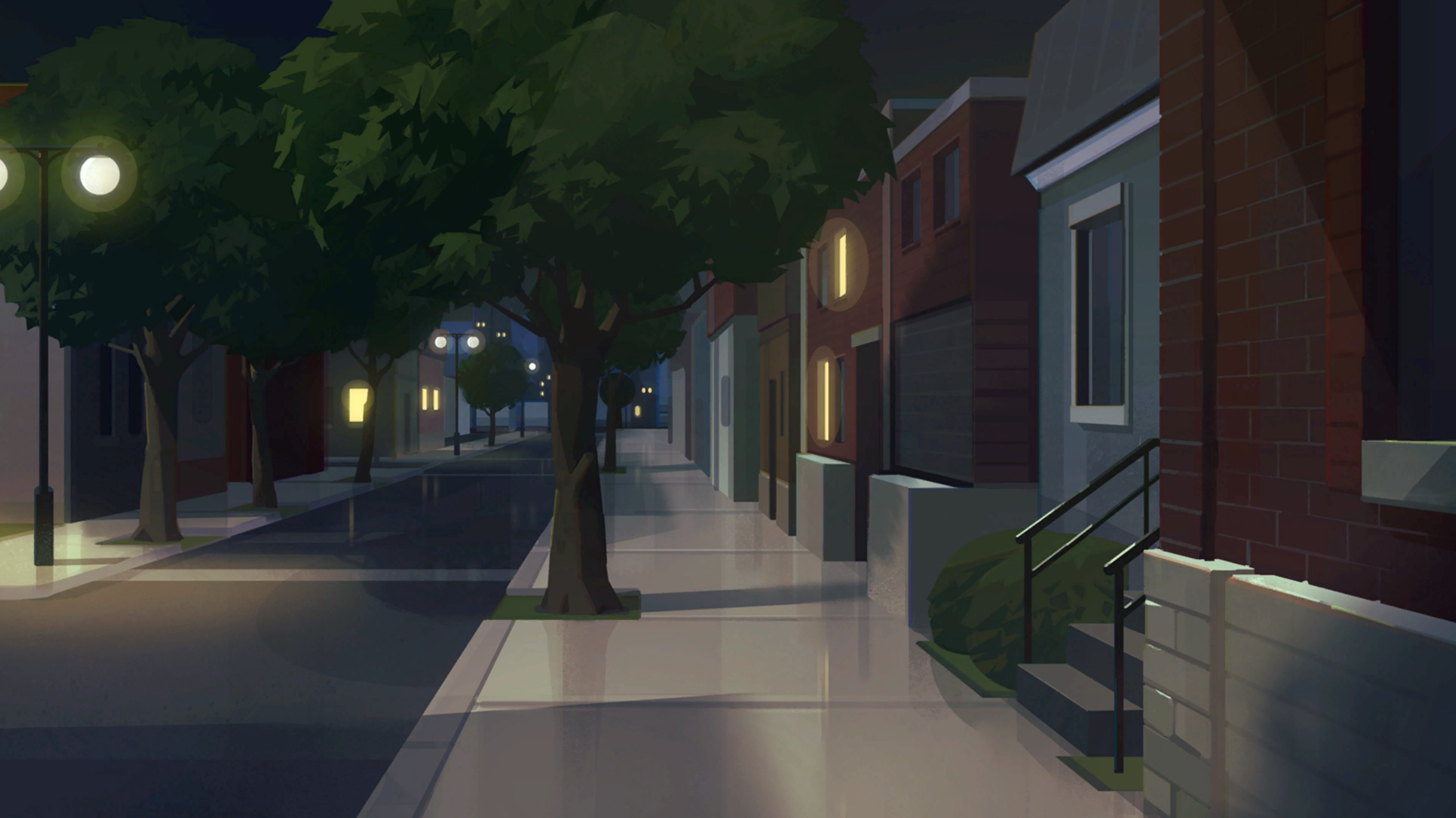
Boyfriend Dungeon makes me hopeful, and not just for a world of beautiful love with beautiful souls.
I hope that players who have never dated before (just like the protagonist) learn how to recognize toxic behavior from within the safety of this video game before they experience it in real life.
I hope that people who recognize a bit of themselves in the antagonist—perhaps in the pedantic lectures, in the cloying romanticisms, in the relentless self-justification, in the disrespect of personal boundaries—use this as an opportunity to take a step back and reflect on themselves and grow.
I hope that people who have had troubling experiences feel a certain kind of victory in this game.
I hope that people who are lucky to have never been harassed see in this game a truth of the world they may not have known well before, and take care to look out for those in their lives who are more vulnerable.
Lastly… I hope that Boyfriend Dungeon gets the credit it deserves for being a great game. Speaking of which, I have an actual review of it to write, so stay tuned. (Update: It’s here!)
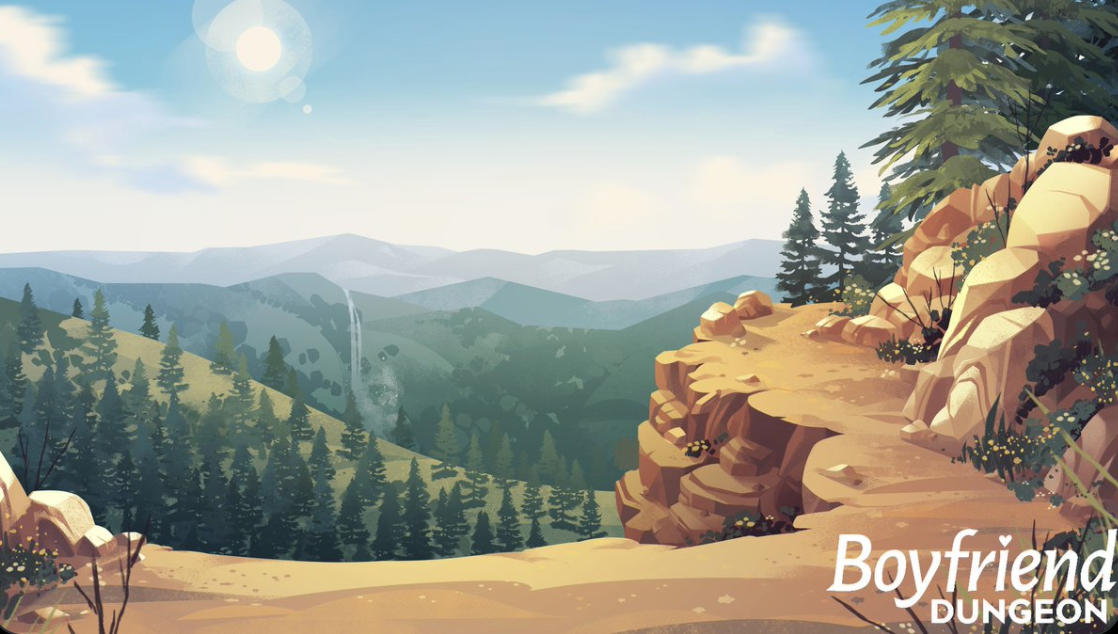
Amanda Tien (she/her or they) loves video games where she can pet dogs, punch bad guys, make friends, and have a good cry. She started writing for the site in 2020, and became an editor in 2022. She enjoys writing about mystery games, indies, and strong femme protagonists.
Her work has also been published in Unwinnable Monthly (click here to read her cover feature on Nancy Drew games), Salt Hill Journal, Poets.org, Litro Magazine, Public Books, and more. She was the Co-Founder and Editor-in-Chief of Columbia University's Culinarian Magazine, and served for two years as the Managing Editor of Aster(ix) Literary Journal.
She recently graduated with a MFA (Master of Fine Arts) in Creative Writing from the University of Pittsburgh. Her writing, art, graphic design, and marketing work can be viewed at www.amandatien.com.
She does not post a lot on social, but you can find her on X and on Instagram.


